Ever wondered how to get protein as a vegan? I am sharing information about plant based protein, as well as the best plant protein sources for your diet!
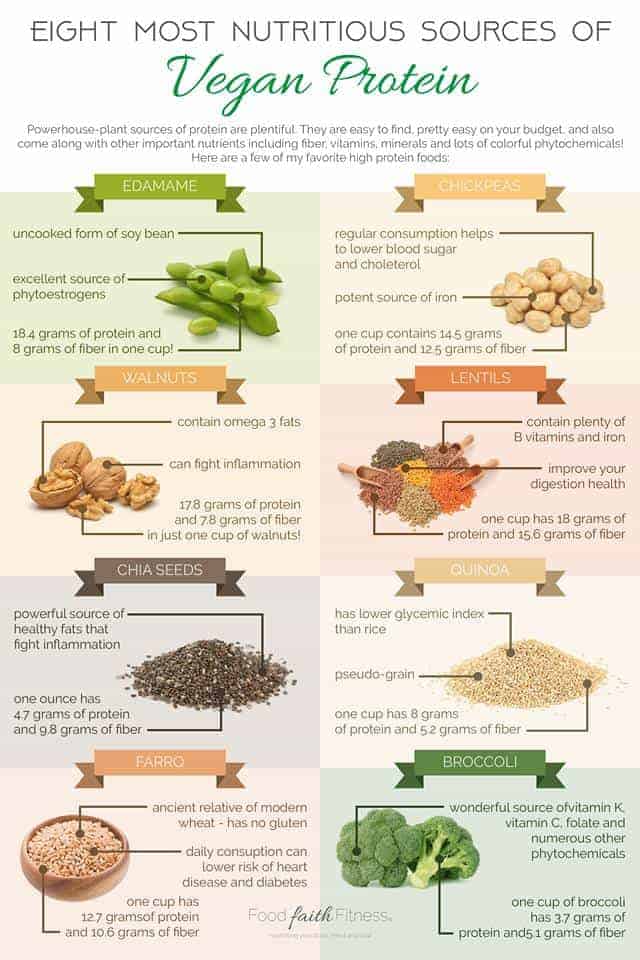
In this day and age everyone is increasingly aware of the importance of protein in your diet and are looking out for ways to incorporate more of it in your diet. I know consuming protein is little harder for people who are vegetarians or vegans or have cute out meat products from their diet.
Whether it’s for your health, the health of the environment or just the health of your budget, there are many reasons why folks are shifting towards a plant-forward way of eating. Although I eat a well balanced diet including all food components, I know MANY of you are cutting out meat and other food groups or are interested in trying this style of eating out!
However, the first question that comes to mind for many people considering the vegan diet is how to get protein as a vegan?
How do vegans get protein? Are Vegan Protein Good for You?
There’s a delicious variety of plant-based proteins that you can find at almost any grocery store!
The most concentrated sources of plant proteins include legumes, nuts and seeds. But you can also find protein in whole grains and even vegetables and fruits!
The best part about these sources of protein is that they all come with lots of fiber – one of the main nutrients that most Americans aren’t getting enough of. Fiber helps keep you fuller longer so you don’t fall victim to a mid-afternoon snack attack!
The other good news is that plant proteins come along with other important nutrients including vitamins and minerals.
It IS true that some foods contain lesser amounts of certain essential amino acids (the building blocks of protein, if you didn’t know what those are!) However, you do not need to eat ALL amino acids at every meal as your body is able to absorb those nutrients!
For example, common wisdom dictates that it’s necessary to combine beans with rice because of their complementary amino acid profiles. We’re now learning that if you’re eating a wide variety of foods, combining foods at a certain meal is less important!
Your body will take what it needs from the beans, hold on to it, and then a few days later will take what it needs from the rice. There’s no need to worry about combining these and other foods at meals.
Finally, plant protein are pretty easy on ones budget. There is a big misconception that turning vegan is expensive however I am here to bust that myth!
Top 10 Best Plant Based (Vegan) Protein Sources?
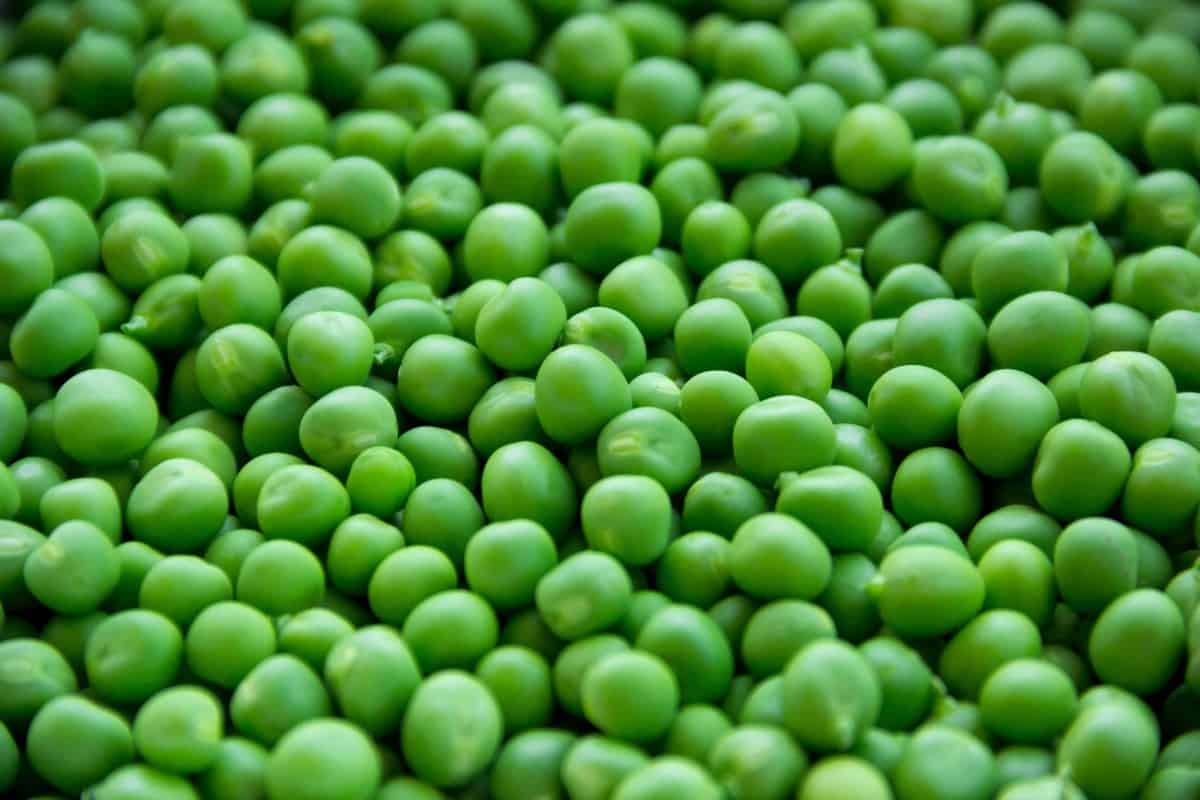
Here are a few of my favorite vegan high protein foods, that make the question of “how to get protein as a vegan” YUMMY:
- Tofu: Tofu is made by curdling soy milk which essentially means it comes from soybean. Tofu is dairy free and 100% vegan and a great substitute for meat in a lot of dishes. It is low in carbs and fat and very high in protein making it a great addition in a vegan diet. My favorite ways of eating it are either making a tofu stir fry with veggies and eating it with a bowl of rice or also pan frying them, topping it with some seasoning and eating it as snack.
- Hemp Seeds: Hemp seeds are one of the best source of protein. They provide great amounts of amino acids which helps us energize our body. They are 100% vegan and just a small amount in your diet goes a long way. I usually eat hemp seeds in the morning by either putting a couple of spoons in my oatmeal or in my smoothie.
- Edamame: this is the uncooked form of soybean, it’s also an excellent source of phytoestrogens that can help protect against breast cancer. Edamame is delicious steamed with a little bit of salt (I eat it like this A LOT), like you’d find at a Japanese restaurant, but also goes wonderfully in a stir fry or on top of a salad. One cup of edamame has 18.4 grams of protein and 8 grams of fiber. I’ve also recently discovered pasta made from edamame and it’s SO good. I eat it a few times a week!
- Chickpeas: these beans (also called garbanzo beans) are commonly found in Mediterranean dishes and are the main ingredient in hummus. Chickpeas not only contain protein but are a potent source of iron. Eating them regularly will help to lower blood sugar and cholesterol! One cup of chickpeas has 14.5 grams of protein and 12.5 grams of fiber.
- Lentils: lentils share the same family as chickpeas and beans in general. As part of the legume family, they are a wonderful source of fiber that lowers blood sugar and cholesterol and can improve digestive health! Lentils also contain plenty of B vitamins and iron. Lentils taste YUM in soup, curries or made into lentil sloppy joes! One cup of lentils has 18 grams of protein and 15.6 grams of fiber.
- Walnuts: walnuts are one of the healthiest nuts because they contain omega 3 fats. These are the good fats which help to fight inflammation <3. Walnuts are a great addition to oatmeal and could also be added to a stir fry or made into burgers (like these veggie burgers) if you’re feeling creative. One cup of walnuts has 17.8 grams of protein and 7.8 grams of fiber.
- Chia seeds: these are another powerful source of healthy fats that fight inflammation. These tiny seeds are packed with protein and omega 3s. When added to liquid, they soak up fluid and transform into a gummy, pudding-like consistency. Try adding them to a smoothie or making chia seed pudding. One ounce of chia seeds has 4.7 grams of protein and 9.8 grams of fiber.
- Quinoa: quinoa is used in cooking (and many of my recipes!) just like any other whole grain, but it is technically the seed of a plant related to spinach and amaranth. This pseudo-grain contains powerful phytochemicals that help your body to heal and fight inflammation. You can use quinoa as a substitute for rice; it has a lower glycemic index which means that it’s easier on your blood sugar levels. Quinoa tastes great with stir fried vegetables or as part of a grain salad. One cup has 8 grams of protein and 5.2 grams of fiber.
- Farro: farro is an ancient relative of modern day wheat, so it does contain gluten. Though it’s a less popular whole grain, it’s full of nutrients like iron and magnesium and surprisingly high in protein. Eating just 2-3 servings of whole grains like farro each day can lower your risk of heart disease and diabetes. Farro makes a great porridge just like oatmeal in the morning. Try it with some light coconut milk, berries and a dab of maple syrup. One cup of farro has 12.7 grams of protein and 10.6 grams of fiber.
- Broccoli: who would have thought that broccoli contains protein right? In addition to its protein content, broccoli is in a family of vegetables called crucifers which are very powerful for fighting cancer and helping the body get rid of toxins. Broccoli is a wonderful source of vitamin K, vitamin C, folate as well as numerous other phytochemicals. To get the most out of the vegetable, steam it lightly and avoid boiling or frying it. One cup of broccoli has 3.7 grams of protein and 5.1 grams of fiber.
I hope you learned a thing or two about how to get protein as a vegan! Even if, like me, you’re not going plant-based but still want to try to eat more plants, I hope that this was helpful!
How much protein does a vegan need in a day?
The amount of protein one needs in a vegan diet is very similar to one that eats meats. Its just that the amount of protein in the two food groups might differ so one would needs to consume equivalent amount of protein packed foot to match up the quantity. It is advised that to consume anywhere between 50 – 70 grams of protein per day.
What happens if you Don’t get enough Protein?
I am sure a lot of your have heard the emphasis of eating a big protein packed meal if you are very active or right after a tiring workout class. There is a reason for that. Protein is solely responsible for providing our bodies with amino acids which provide our bossed with energy and help repair torn out muscles. Lack of protein in your diet will leave you feeling weak and tired and lethargic. Whether you are extremely active or no it is essential to consume protein to helps your body refuel.
Disclaimer: I am not a medical professional, and this article is based off of research I found online, as well as my eating these foods in my diet.
Recipes to try: Vegan Broccoli Cheese Soup, Greek Healthy Broccoli Salad, Asian Healthy Broccoli Salad,
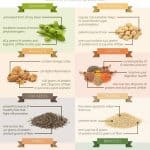

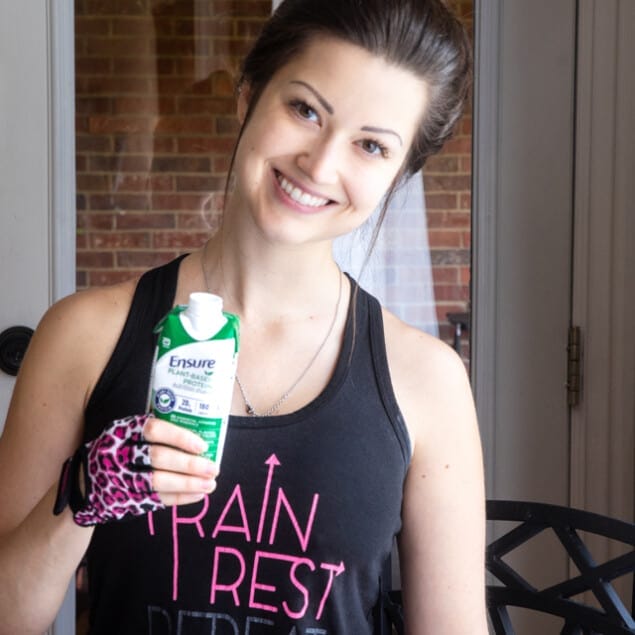
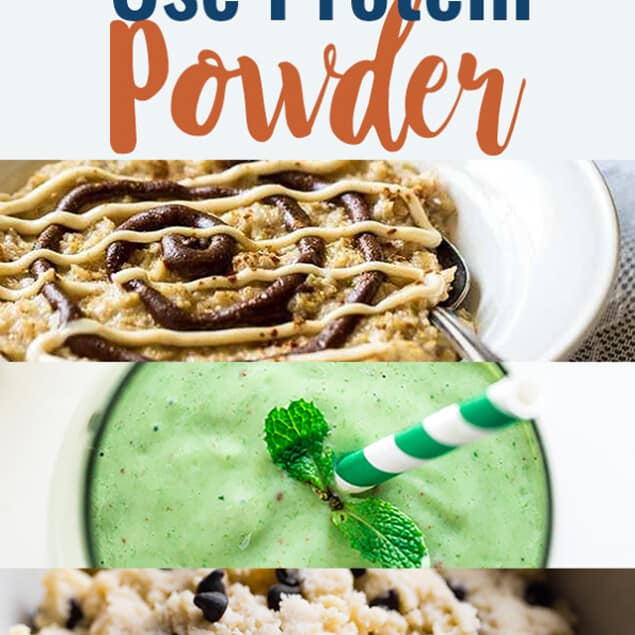
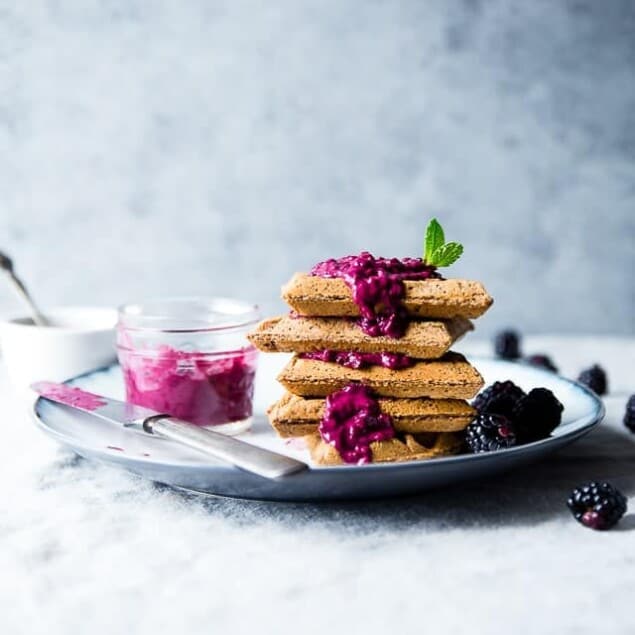
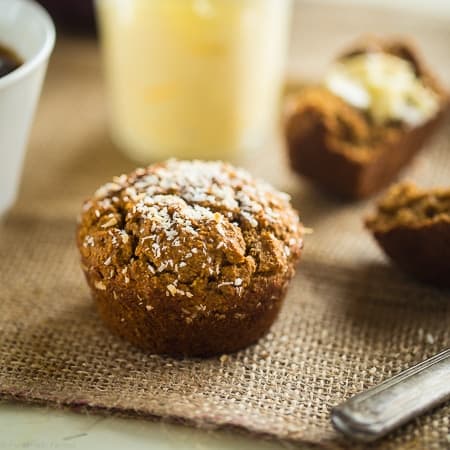
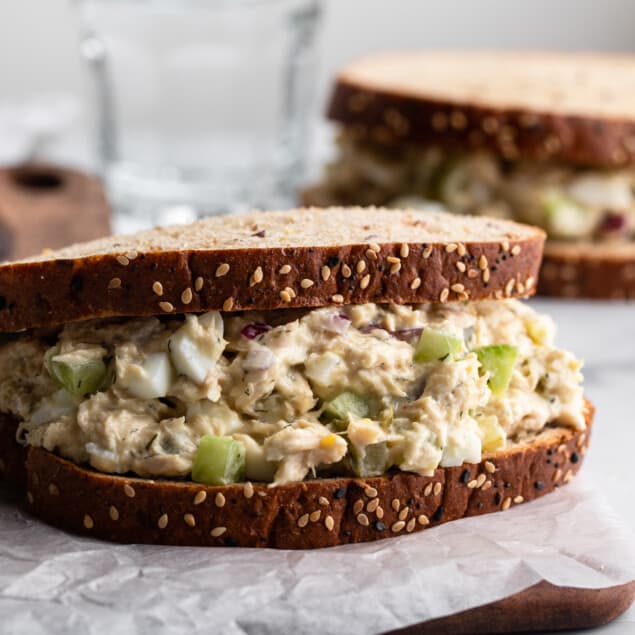
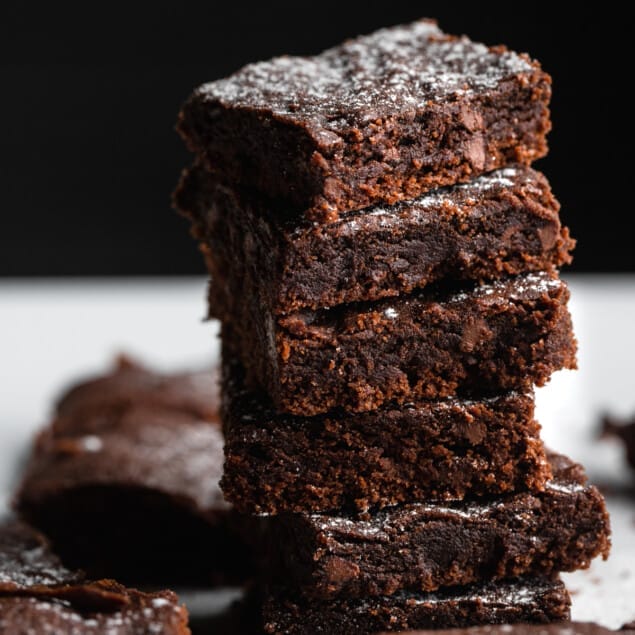
Leave a Comment